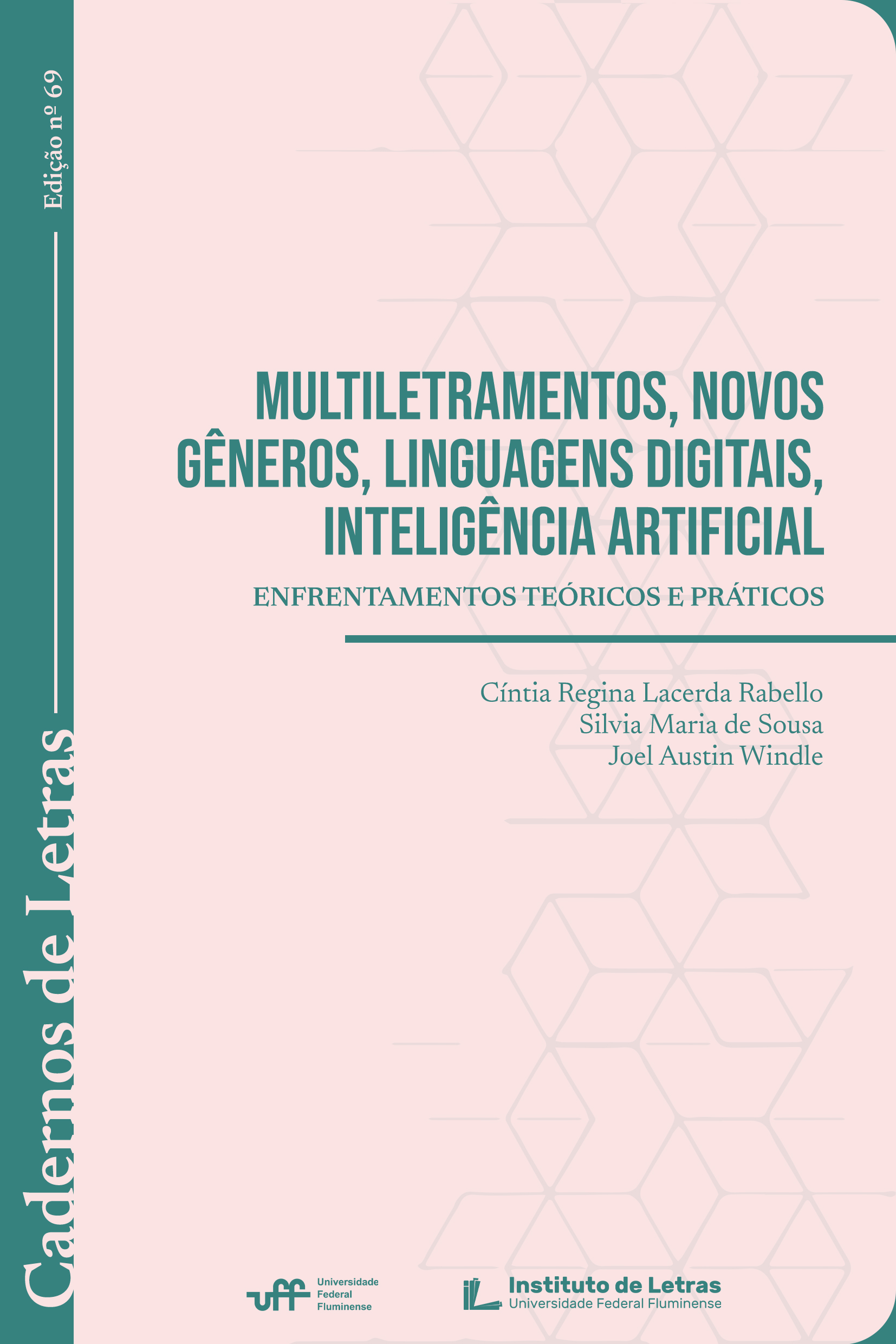Generative Artificial Intelligence, “perfect” bodies and aestetic coloniality
DOI:
https://doi.org/10.22409/cadletrasuff.v35i69.63615Keywords:
Generative Artificial Intelligence, Large Language Models, Algorithmic opression, DiscourseAbstract
In this article, we address the generation of images by artificial intelligence systems by problematizing the way they tend to maintain a colonial logic in their computational programming and in their generated products, a logic from which are crystallized, for example, some representations of beauty and perfection that are unreal and based on a white, European and hegemonic reference. In order to do so, we mobilize theories about discourse and the body and we discursively analyze six images, all generated by such systems. We discuss the conditions of possibility in which they are generated, and their effects. Taking this analysis as an example of a problematic form of programming and considering that artificial intelligence systems can function as control and manipulation devices against users, we point to the need to include direct and detailed discussion about artificial intelligence in the language classroom, in order to effectively respond to critical linguistic education orientation.
Downloads
Downloads
Published
How to Cite
Issue
Section
License
Copyright (c) 2024 Caderno de Letras da UFF

This work is licensed under a Creative Commons Attribution-NonCommercial 4.0 International License.
I authorize Cadernos de Letras da UFF to publish the paper of my authorship/responsibility that I now submit, in case it is accepted for online publication.
Moreover, I declare that this contribution is original, that it was not submitted to any other editor for publication, and I sign the present declaration attesting the truth of all its contents.
The copyright of the works published at the virtual space of the Cadernos de Letras da UFF are automatically entitled to Cadernos de Letras da UFF. Their total or partial reproduction is conditioned to the authors' citations and publication data.

Cadernos de Letras da UFF is licensed under a Creative Commons - Attribution-NonCommercial 4.0 International (CC BY-NC 4.0).





